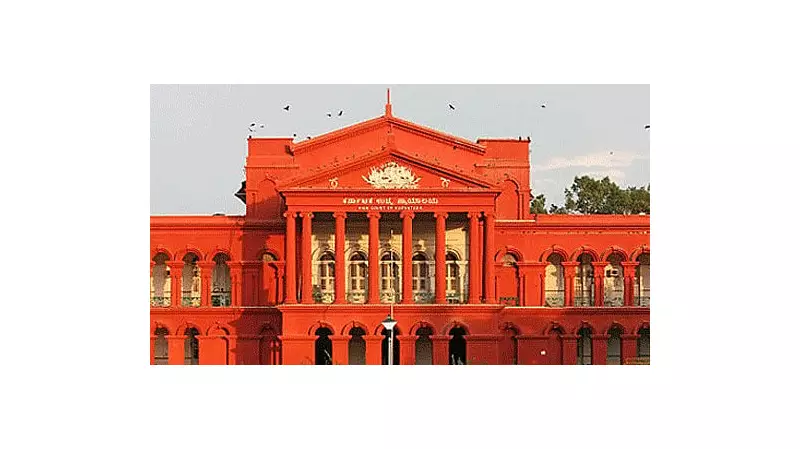
The Karnataka High Court has prolonged its temporary halt on appointments made under the internal reservation system for Scheduled Castes until December 3, 2025. This decision comes amid ongoing legal challenges questioning the fairness of how SC communities are categorized within the reservation framework.
Legal Challenge Against Reservation Sub-classification
Petitioners have raised serious concerns about the current internal reservation structure for Scheduled Castes in Karnataka. They argue that the government order creates what they describe as arbitrary sub-classification among SC categories without establishing clear, objective criteria to measure relative backwardness between different communities.
The central issue revolves around whether the state government has properly justified the method used to distribute reservation benefits among various Scheduled Caste groups. Critics maintain that the absence of transparent parameters for determining inter-se backwardness violates constitutional principles of equality and social justice.
Court Proceedings and Extended Timeline
The High Court's decision to extend the freeze until December 3, 2025 provides additional time for thorough examination of the complex legal questions involved. This extension follows the court's initial intervention that temporarily suspended appointments made through the contested reservation system.
During proceedings, the petitioners emphasized that the sub-classification methodology lacks scientific basis and fails to consider contemporary socioeconomic data. They contend that proper assessment of educational, employment, and social indicators should form the foundation for any internal reservation structure.
Broader Implications for Reservation Policy
This case carries significant consequences for Karnataka's reservation framework and potentially for similar systems across India. The court's final decision could establish important precedents regarding how states implement internal reservations within broader Scheduled Caste categories.
The ongoing legal battle highlights the continuing challenges in balancing adequate representation for all marginalized communities while ensuring fair distribution of reservation benefits. The outcome will likely influence future policy decisions concerning affirmative action and social justice measures in the state.
As the case continues, all appointments affected by the internal reservation system will remain on hold until the court reaches a final determination or until the next hearing date in December. Legal experts anticipate vigorous arguments from both sides as the case progresses toward resolution.






